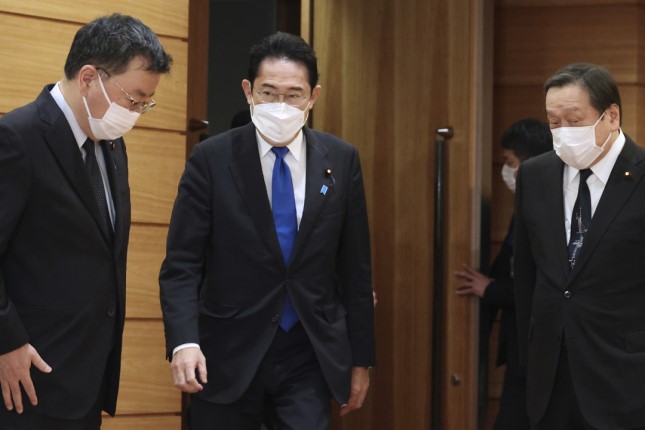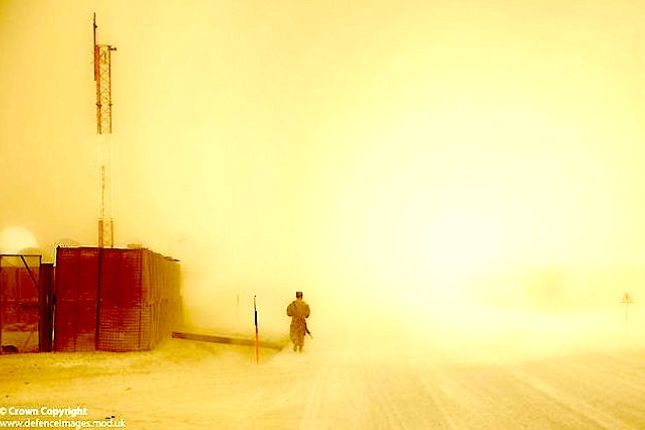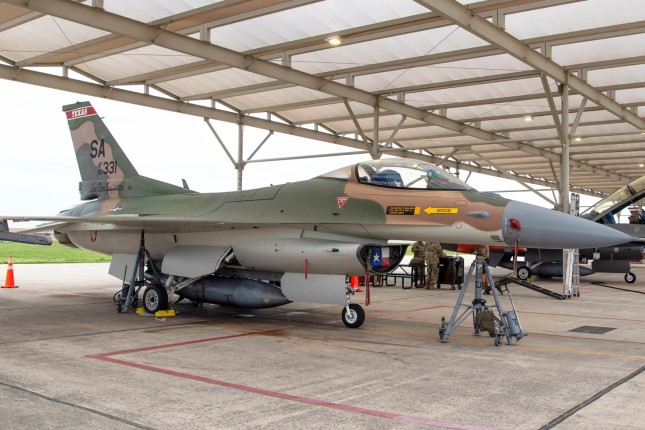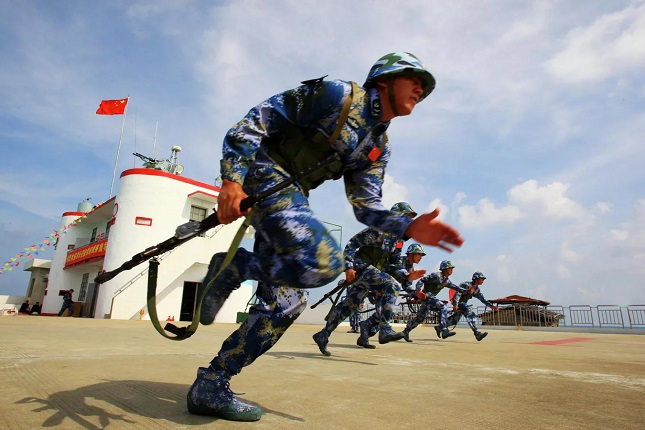Japan's Cabinet on Tuesday approved the previously signed reciprocal access agreements (RAA) with the UK and Australia, signaling Japan's ambition to diversify its defense partnership and expand militarily.
According to the Nikkei newspaper, the RAAs will simplify entry procedures for personnel and ammunition during Japan's joint military exercises with the two countries. Japan signed the agreements in January 6, 2022 with Australia and on January 11, 2023 with the UK.
Song Zhongping, a Chinese military expert and TV commentator, told the Global Times on Tuesday that the agreements would ensure convenient entry to each other's military bases and facilitate military cooperation and coordination.
The Financial Times reported in November 2022 that Japan is in the preliminary stages of considering a similar pact with the Philippines.
The agreement may pave the way for Japan's participation in US-Philippines joint patrols in the South China Sea which the UK and Australia would reportedly participate, forming an actual military bloc, Song said, adding that this type of intertwined military pact reflects a dangerous trend of AUKUS expansion, Song said.
AUKUS, a trilateral security pact among Australia, the UK and the US, will reportedly unveil a submarine plan in mid-March. The three could discuss joint operations in Asia-Pacific considering the US' strong push for its Indo-Pacific Strategy, and on intelligence sharing, according to experts.
Japan, through the two RAAs, is taking a substantial step toward the AUKUS alliance, which could engage more countries in the future to become AUKUS+, Song said.
Though the newly approved RAAs do not involve the US, the strategic layout has a strong US will in it.
Song noted that in comparison with NATO's expansion in Asia, which Japan is also actively pushing forward, the trend of AUKUS+ constitutes a bigger threat to stability in the region. The expert named Canada as a potential member in the future according to the US' strategic blueprint.
According to Nikkei, Japan is seeking to buy 400 US Tomahawk missiles to acquire a long-range deterrent. The deployment could start in fiscal 2026.
Japan, besides coordination with the US as an obedient ally, is desperately attempting to diversify its defense relations, Da Zhigang, director of the Institute of Northeast Asian Studies at Heilongjiang Provincial Academy of Social Sciences, told the Global Times. Japan has long dreamed of expanding sphere of influence in the political and military aspects, he said.
The RAAs and possibly more agreements of its kind, Japan's policy shift from its war-renouncing pacifist constitution, the revision of security documents to allow counterstrike capabilities, and a bold 26 percent increase in military budget for 2023 are all dangerous steps Japan took to soothe its strategic anxiety, analysts said.
However, Japan's introduction of more external forces into the Asia-Pacific and becoming increasingly aggressive will only further complicate the already tense security situation and aggravate the geopolitical environment for all in the region, including Japan itself, they said.
Photo: Japanese Prime Minister Fumio Kishida (center) attends a cabinet meeting in Tokyo on February 7, 2023. The meeting passed a resolution allowing residents to return to the restricted areas which were affected by the Fukushima nuclear leak after de-contamination measures. Japan is also facing international criticism for its irresponsible plan of dumping nuclear-contaminated water into the ocean © VCG.
Source: The Global Times.
































